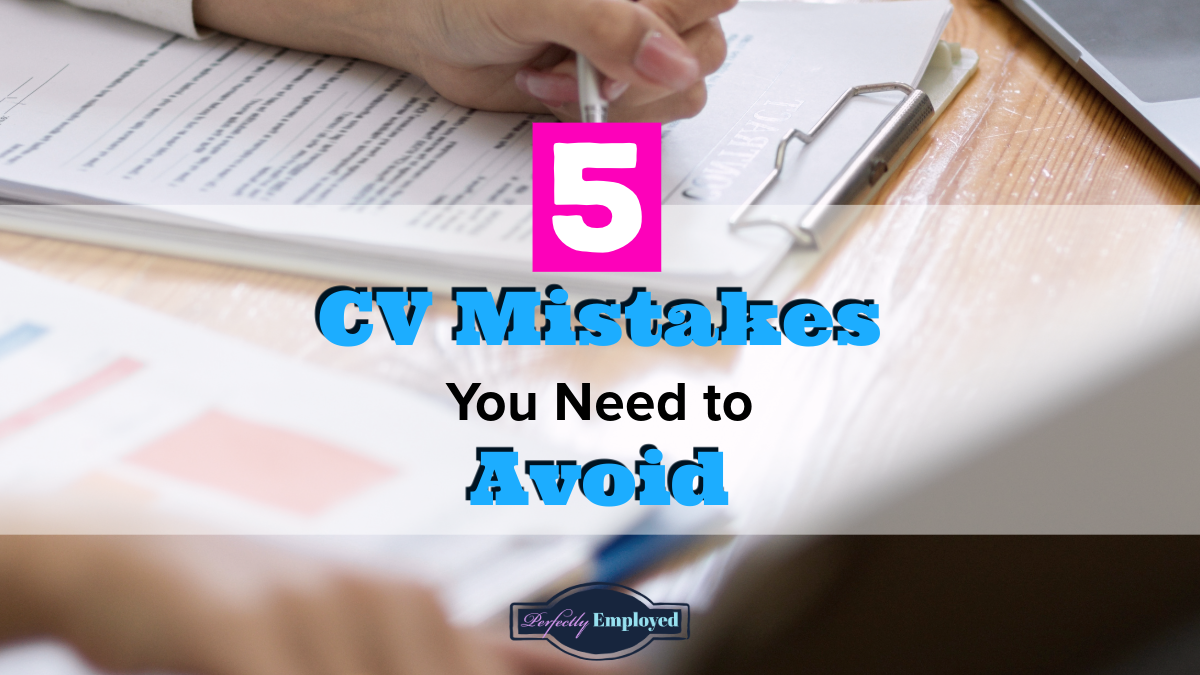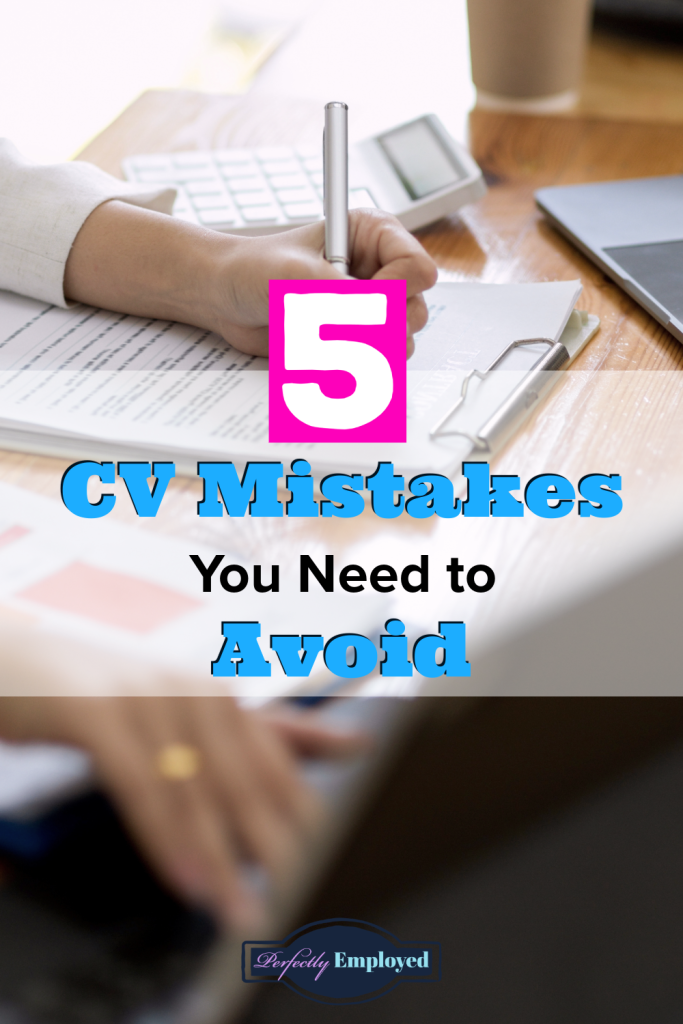
Your CV is a vital aspect of your job-hunting journey. It’s the one thing pretty much every prospective employer will request, and it’s your way of standing out to help you beat the competition. Despite this document’s importance, 40% of graduates don’t know how to format a CV correctly and are likely making many mistakes that are costing them future employment or holding their careers back.
With over 200 job applicants per vacancy, it’s important to remember that no one actually reads your CV; they scan it, and if the information the hiring manager is looking for doesn’t immediately jump out at them, your CV will end up in the discarded pile. These mistakes will ensure that they happen each and every time.
Spelling and Grammar Mistakes
With many tools online, such as Grammarly, to help you improve your spelling and grammar, making spelling and grammar mistakes is unacceptable on your CV. Always double-check your CV for any spelling mistakes and run it through a spell checker. Glaring mistakes will get you overlooked faster than anything else. It is a red flag for employers that maybe you don’t check your work as thoroughly as you should.
Overselling Yourself
You want to stand out and show employers you have what they need and are exactly what they’re looking for. Exaggerating what you know and what you can do will only land you in trouble if you’re hired for that skill set or if interviewers request a demo of the skills you say you have. If you aren’t proficient in Excel, don’t say you are. Instead, be honest about what you can do. Emphasize these points instead of embellishing other areas or straight out lying.
Poor Formatting
As mentioned, your CV won’t be read in its entirety. It’s likely only going to be scanned, which means everything needs to be perfect, including the formatting. Poor or incorrect formatting will stand out to those reading your CV instantly and is an immediate turn-off. Your CV needs to be easily scannable with the correct information in the right place for people to find at a glance, and if you’re not paying attention to this aspect, then your CV won’t hit the mark. If you don’t know how to format your CV, use services like CV Experts to help you get it right.
A Boring Personal Profile
If your personal profile isn’t really exciting or is full of cliches you think people want to hear, then you’re not getting that interview. Harsh but true. Your personal profile needs to tell people about you as a person, how you achieved your experience and qualifications, and what they can expect from you. Putting that you’re a “hardworking and driven individual who can work well as part of a team” is boring and cliche. People want to know what targets you hit, how you played a part in team success, and what you have to offer.
Other Posts You May Enjoy
- Make Yourself More Appealing to Employers
- 3 Tips to Improve Your Cover Letter Right Now
- Are You as Employable as You Think? Do This if Not
A Long CV
Your CV needs to be short, concise, and to the point. It needs to be bite-sized information that is easy to digest at a glance. Ideally, it needs to be one page long. Hiring managers or employers do not have time or even the desire to sift through hundreds of pages-long applications. However, experience might dictate the length needed to achieve this. If you’re applying for highly skilled roles and have years of experience, your CV will be longer but no more than three pages. Those with less experience should keep a shorter CV. Here, you want to go for quality over quantity.
These are pretty easy and all too common CV mistakes people make time and time again. In a nutshell, don’t do these if you want to actually get an interview!
Save to Pinterest

